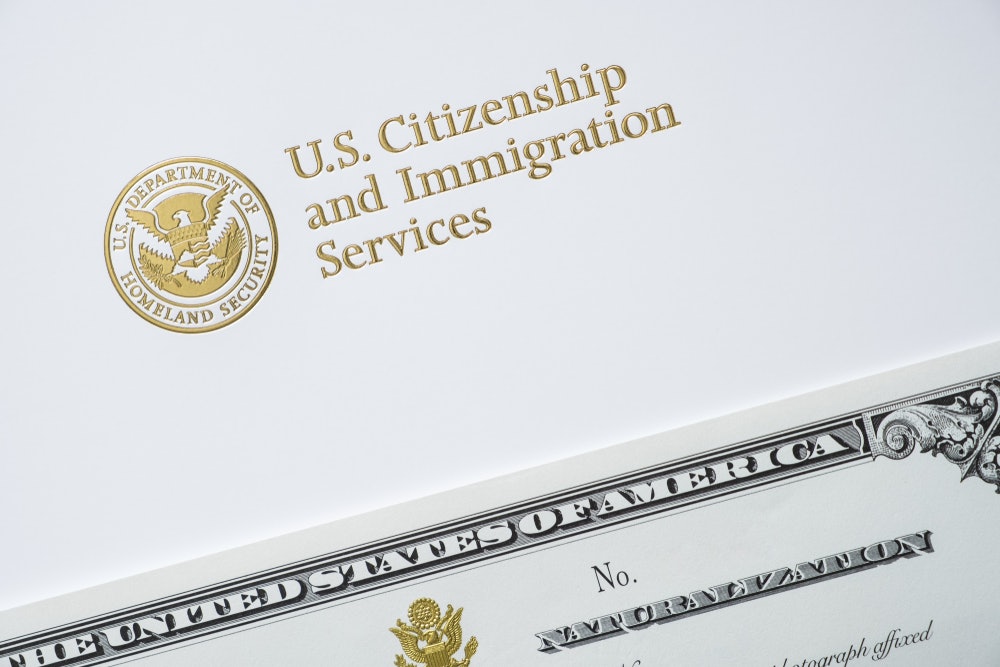In early April, the U.S. Departments of the Treasury and Homeland Security issued a memorandum of understanding to allow the Internal Revenue Service (IRS) to share private taxpayer information upon request from Immigration and Customs Enforcement (ICE) to assist ICE’s efforts to locate and remove undocumented immigrants with final orders of removal.
Undocumented immigrants are required to pay taxes under U.S. law and can be issued an Individual Taxpayer Identification Number (ITIN) to do so as they do not qualify for a Social Security Number (SSN). Millions of undocumented immigrants file income tax returns this way.
Taxpayer privacy laws limit the IRS’s ability to share information across agencies. The Tax Law Center at NYU Law has a very thorough explanation of these laws, the practical challenges, and the legal risks raised by this memorandum. Holland and Knight also has a very clear analysis of potential implications for employers.
There may be substantial policy implications, too. While ICE maintains that it will only be used in narrow circumstances to aid criminal investigations, a policy like this could still discourage people with an ITIN from filing their taxes out of fear that a tax return might make them a target for deportation.
This chilling effect would have at least two potential outcomes:
- The U.S. will lose tax revenue. A 2024 report from the Institute on Taxation and Economic Policy found that undocumented immigrants paid $96.7 billion in federal, state, and local taxes in 2022. Nearly $60 billion of that amount was paid to the federal government. And because undocumented immigrants do not qualify for any entitlement benefit programs, these workers’ taxes support programs like Social Security and Medicare without taking from these programs.
- Undocumented immigrants who fail to pay taxes may not be eligible for any potential future legalization program. Proposed legislation over the last two decades that would provide an earned pathway to legal status or citizenship for the undocumented often requires some form of payment of back taxes or proof of payment of taxes. Undocumented immigrants who are too scared to pay their taxes today due to the memo might jeopardize their ability to earn legal status in the future. The U.S. economy relies on these workers. Workers who are here and contributing to our economy, who have not committed any crimes other than immigration violations, would be more productive if the U.S. reformed its legal immigration system to integrate them into the economy.
Good policies encourage people to comply with the law. This memo could potentially and paradoxically reduce compliance with the law and reduce revenues at the same time.



























